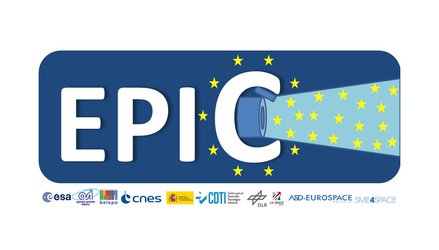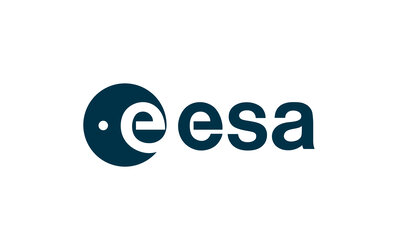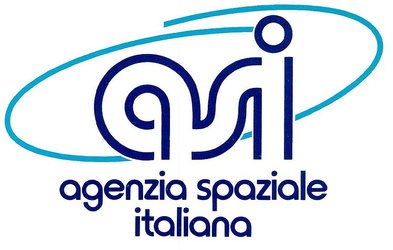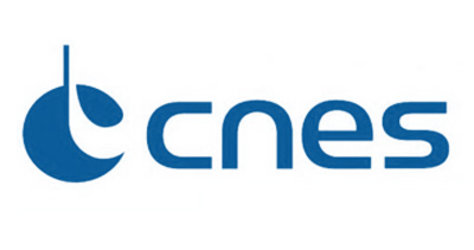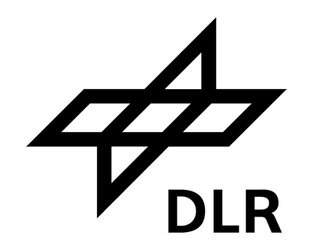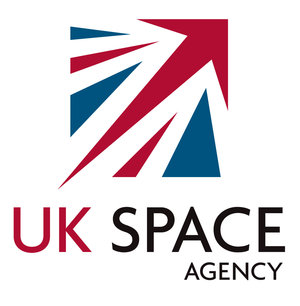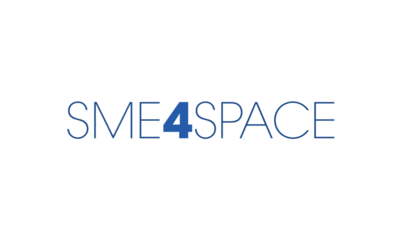European Space Agency (ESA)
The European Space Agency (ESA) is Europe’s gateway to space. Its mission is to shape the development of Europe’s space capability and ensure that investment in space continues to deliver benefits to the citizens of Europe and the world. ESA is an international organisation with 20 Member States. By coordinating the financial and intellectual resources of its members, it can undertake programmes and activities far beyond the scope of any single European country.
More specifically, ESA's purpose is to provide for, and to promote, for exclusively peaceful purposes, cooperation among European States in space research and technology and their space applications, with a view to their being used for scientific purposes and for operational space applications systems:
- by elaborating and implementing a long-term European space policy, by recommending space objectives to the Member States, and by concerting the policies of the Member States with respect to other national and international organisations and institutions;
- by elaborating and implementing activities and programmes in the space field;
- by coordinating the European space programme and national programmes, and by integrating the latter progressively and as completely as possible into the European space programme, in particular as regards the development of applications satellites;
- by elaborating and implementing the industrial policy appropriate to its programme and by recommending a coherent industrial policy to the Member States.
ESA member states include Austria, Belgium, Czech Republic, Denmark, Finland, France, Germany, Greece, Ireland, Italy, Luxembourg, the Netherlands, Norway, Poland, Portugal, Romania, Spain, Sweden, Switzerland and the United Kingdom. Canada takes part in some projects under a Cooperation agreement. Hungary, Estonia, Latvia and Slovenia are ‘European Cooperating States’. Other countries have signed cooperation agreements with ESA.
ESA's headquarters are in Paris which is where policies and programmes are decided. ESA also has sites in a number of European countries, each of which has different responsibilities:
- EAC, the European Astronauts Centre in Cologne, Germany;
- ESAC, the European Space Astronomy Centre, in Villanueva de la Cañada, Madrid, Spain;
- ESOC, the European Space Operations Centre in Darmstadt, Germany;
- ESRIN, the ESA centre for Earth Observation, in Frascati, near Rome, Italy;
- ESTEC, the European Space Research and Technology Centre, Noordwijk, the Netherlands.
- ECSAT, the European Centre for Space Applications and Telecommunications, Harwell, Oxfordshire, United Kingdom.
- ESA Redu Centre, Belgium.
ESA also has liaison offices in Belgium, USA and Russia; a launch base in French Guiana and ground/tracking stations in various parts of the world.
ESA has over 2200 staff.
With regard technology coordination and Roadmapping exercises, ESA leads the European Space Technology Harmonisation process involving all main stakeholders in Europe. Harmonisation has already been conducted for EP technologies in 2009 and will be conducted again in 2014. ESA also publishes the European Space Technology Master Plan, produced with contributions of the main stakeholders in Europe, including national agencies, the European Commission, the European Defence Agency. ESA leads an exercise on Exploration Technology Roadmapping, involving the main stakeholders and addressing EP technology for exploration missions.
ESA has a sound expertise in the area of Electric Propulsion build up over 4 decades, in support of ESA, institutional and commercial missions (Artemis, Smart-1, GOCE, Alphabus, Lisa-pathfinder, Small GEO, Bepi-Combo, Microscope, etc.). In particular, the Electric Propulsion section at ESA provides support to ESA projects in the realm of Electric Propulsion and prepares the research and development activities related to Electric Propulsion for future activities in this domain. Furthermore, the section also provides expertise in the area of testing propulsion systems within the ESA Propulsion lab where several experimental activities take place to support research and development activities and to solve technical issues for ESA projects. ESA Electric Propulsion section is leading the most of the Research, development and project activities in the realm of Electric Propulsion in Europe, coordinating all the efforts of the National Space Agencies and designing roadmaps for this technology through the ESA harmonisation process. Moreover the Electric Propulsion section at ESA has proven during decades the capability to manage complex projects involving multiple companies of different countries and interests.















 Germany
Germany
 Austria
Austria
 Belgium
Belgium
 Denmark
Denmark
 Spain
Spain
 Estonia
Estonia
 Finland
Finland
 France
France
 Greece
Greece
 Hungary
Hungary
 Ireland
Ireland
 Italy
Italy
 Luxembourg
Luxembourg
 Norway
Norway
 The Netherlands
The Netherlands
 Poland
Poland
 Portugal
Portugal
 Czechia
Czechia
 Romania
Romania
 United Kingdom
United Kingdom
 Slovenia
Slovenia
 Sweden
Sweden
 Switzerland
Switzerland



























